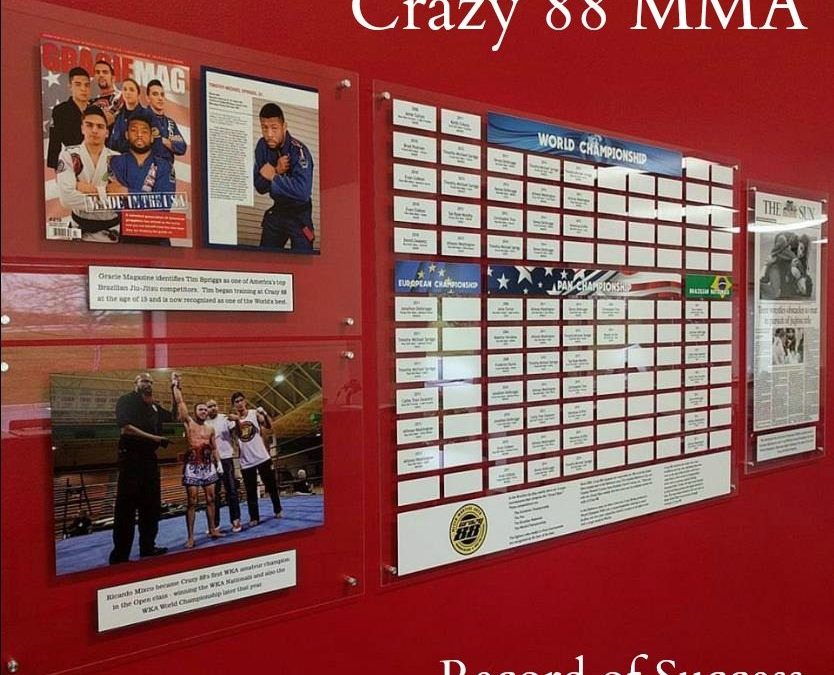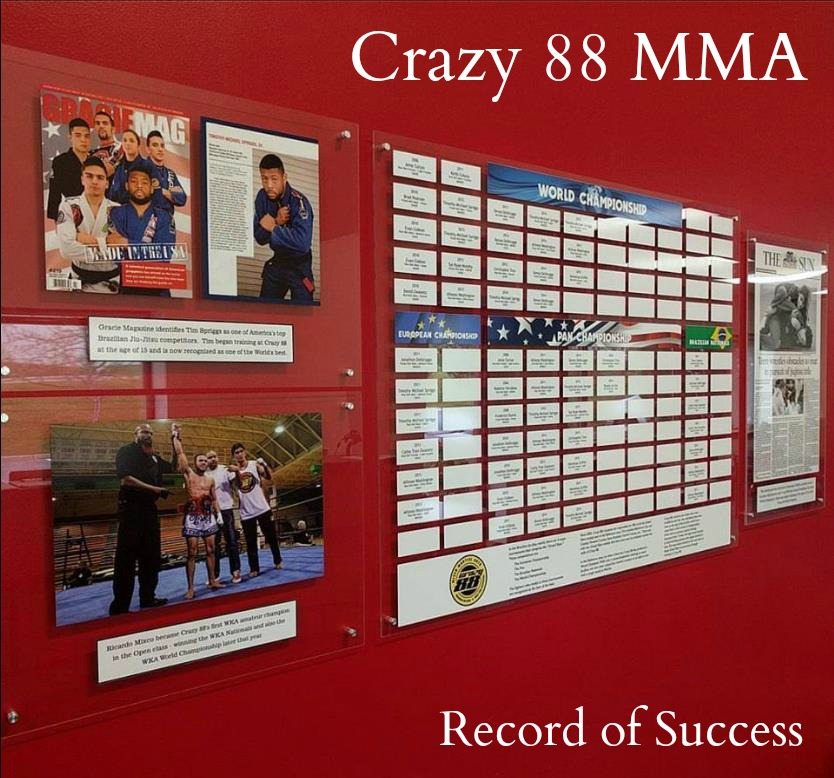Finding a great Jiu Jitsu coach is simple: go to the instructor that has the highest number of world champions and team titles. It doesn’t need to be more complicated than that.
When most people think of great sports coaches, Vince Lombardi, Joe Paterno, and Phil Jackson readily come to mind. What makes them so great? They’ve produced multiple winning championship teams. Football coach Bill Belichick took the New England Patriots to the Super Bowl six times, winning four, and his playoff career record was 22-9 when other coaches only had 11 wins.
In Judo, one of the most highly regarded coaches is Yoshihiro Uchida who led the San Jose State Spartans to 45 championships in 51 years and produced multiple Olympic competitors. In Wrestling, Dan Gable is thought of as one of the best coaches of all time for leading the University of Iowa to win 15 NCAA team titles between 1976 and 1997. He was also an Olympic gold medalist himself.
In Jiu Jitsu, Alliance head coach Fabio Gurgel is considered one of the best Jiu Jitsu coaches of our time. Gurgel himself is an eight-time World Champion. He produced world champions Marcelo Garcia, Rubens Charles Cobrinha, Lucas Lepri, and Bernardo Faria. Under him, Gurgel has coached over 50 world champions and secured multiple world team titles.
What makes a great coach? Their ability to lead students to championship medals.
Certainly there are other factors that make a great coach – integrity, character, mat side manner, professionalism, etc. These are usually requirements – not a way to rank coaches from one another. You can have the nicest, most professional, helpful wrestling coach in the world – but you would not compare him to Dan Gable, who’s legacy with the Iowa Hawkeyes is unmatched in the sport. Student success is the number one defining features of a coach’s ability to teach. And not just a few medals here and there. A coach has to have a steady stream of successful students over a period of time.
How can a coach prove that they have the skill set to teach technique? More importantly, how can they demonstrate that they have the ability to pass it on to their students? It certainly isn’t student testimonials on how one ‘feels’ about the coach. A good coach might intimidate or scare you. A coach’s performance needs to be held up against an external source. Competition is best way to compare coaches as it puts competitors against one another. It is an error for students to think that competition success doesn’t matter in a coach’s track record.
In order to know what a good Jiu Jitsu coach looks like, you must ask yourself:
- Did you choose your Jiu Jitsu coach because of its proximity to your home or the record of success of the students?
- Did you select your Jiu Jitsu coach because s/he was friendly when you met him/her or did s/he correct the students when they failed to execute a technique properly?
- How many IBJJF World champions has your Jiu Jitsu coach produced? IBJJF is the gold standard in the Jiu Jitsu community.
- Did your Jiu Jitsu coach compete in the past? What was their track record?
- Do the other students continue to grow through performance achievement or do they win a tournament once then fail to perform well again?
It’s understandable that when you entered martial arts you didn’t know how to find a good school or a great coach. You may have relied on the recommendation of friends or family. Let me make it simple for you: look at the coach’s track record of student success.
You are probably learning Jiu Jitsu from just a glorified trainer – someone who sets up drills or exercises and merely watches the clock. You could be learning from a great coach that is involved in your development. You could be training with other students of average athletic skill and watch them become exceptional competitors. You could be really learning Jiu Jitsu. So why are you still training under a coach that has a poor history of success?

